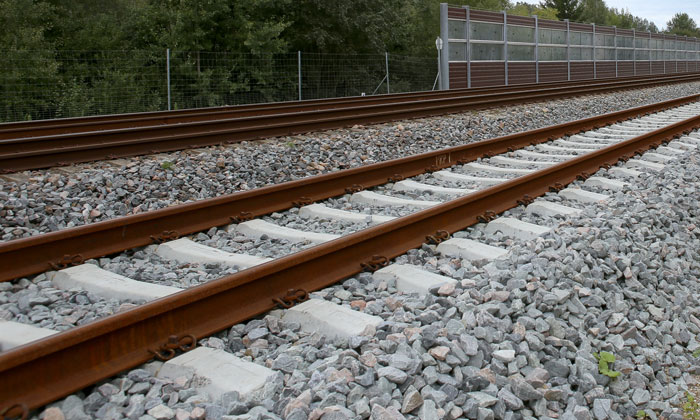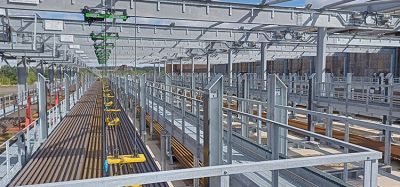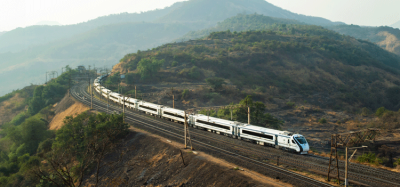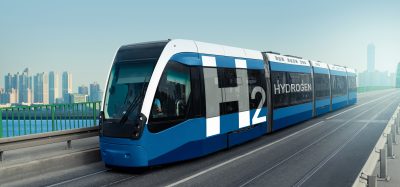Bids are invited for an electrification study of Rail Baltica
Posted: 31 May 2018 | Global Railway Review | No comments yet
Through the contracting scheme agreement, reached by the Rail Baltica project direct stakeholders, it has been decided to purchase an energy subsystem through a consolidated procurement model…


RB Rail, a joint venture of three Baltic States, has announced an open competition: ‘Rail Baltica energy subsystem procurement and deployment strategy’, which is focused on the electrification of Rail Baltica.
Rail Baltica, the greenfield rail transport infrastructure project that seeks to connect several cities, including Helsinki, Finland, Tallinn and Pärnu in Estonia and Warsaw, Poland, will be electrified with the joint venture aiming to deliver the critical railway infrastructure element – the energy subsystem – in a consolidated fashion for the entire project.
Interested suppliers will submit their proposals electronically by 4 July 2018.
The subject-matter of the open competition is a study on preparation of comprehensive procurement and deployment strategy and development of a single solution deployment concept for energy subsystem within the Rail Baltica project. This would occur through conducting a technical pre-study and a thorough market and supplier assessment, with a particular emphasis on ensuring optimum interoperability and maximising economies of scale through procurement consolidation.
“This shall maximise the economic efficiency with cost savings driven by the potential economies of scale, ensure full and optimum interoperability, quality control and efficient supervision and put in place the best practise procurement model,” said Mart Nielsen, Chief Technical Officer, RB Rail AS. “It will also allow the highest standard regarding the environmental impact of the Energy subsystem to be reached.”
Mart continued: “The electrification of the Rail Baltica railway will contribute to the reduction of CO2 emissions in the passenger and freight transportation sector and create savings in terms of energy and the exploitation of the rolling stock.”








